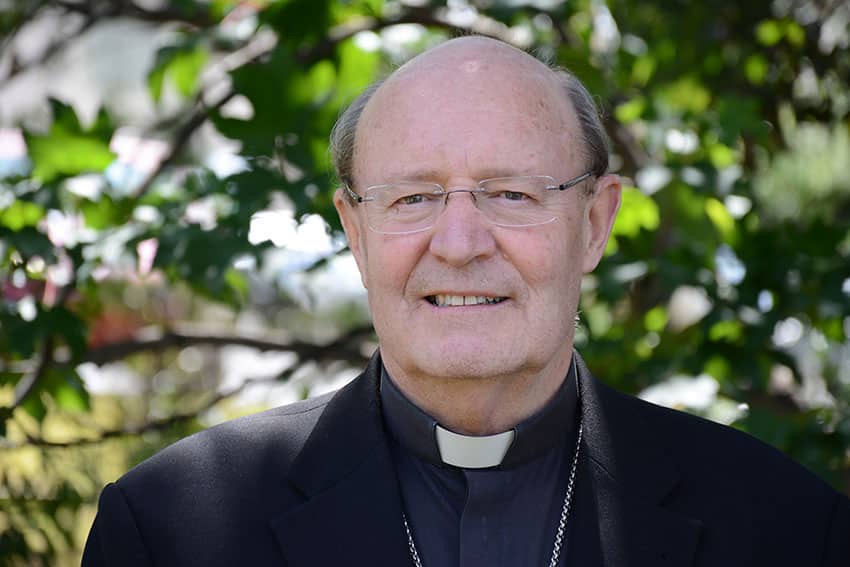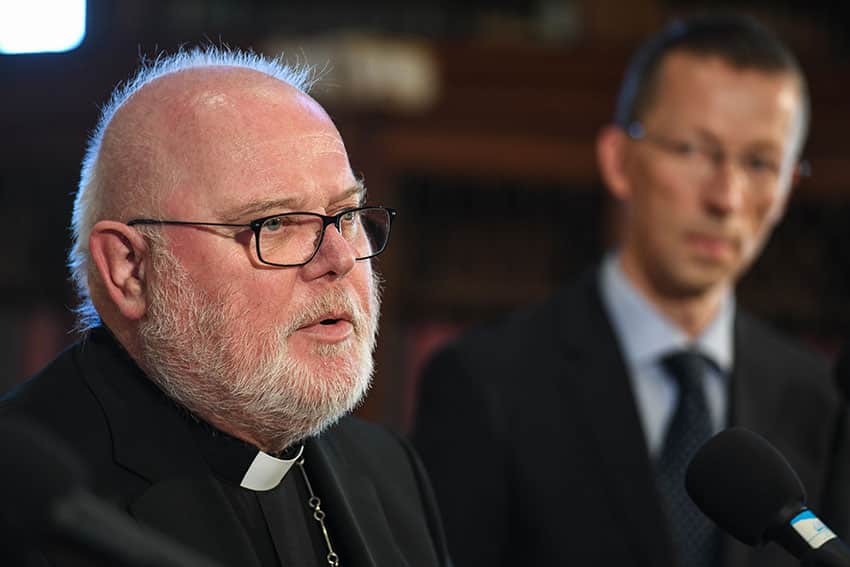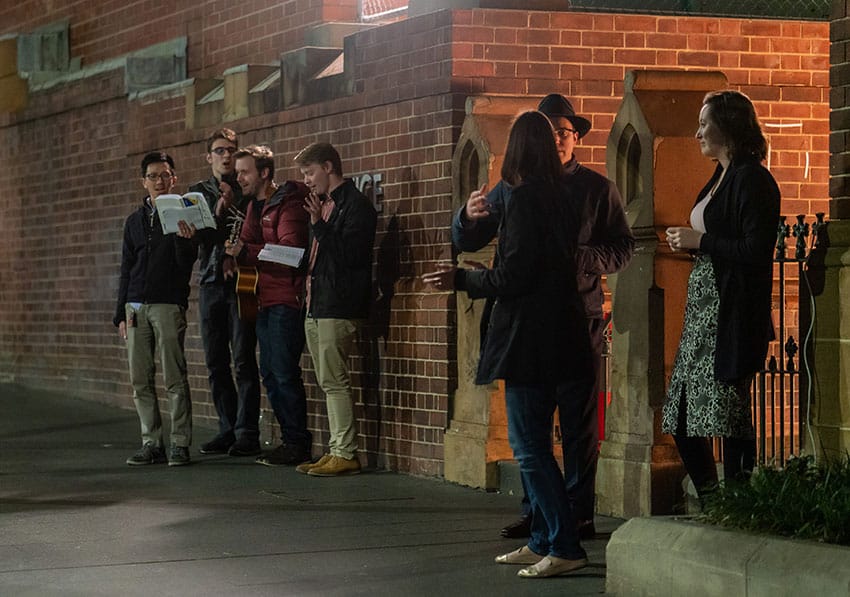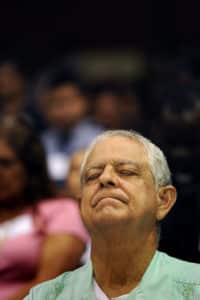
The Plenary Council 2020/2021 will be a major ecclesial event for the Church here in Australia. It will be an historical moment and will influence the way Church carries out its mission in the coming years. The Plenary Council through the listening and dialogue phase has already generated much interest and has fostered much hope and expectation. The level of engagement – some 222,000 people participated and 17,457 submissions were received – is most impressive.
The Plenary Council is bold in its purpose. From the outset it had no particular theme or focus. The process to date has been completely open and allowed for all manner of issues to emerge.
These issues were distilled by the Plenary 2020 Executive Committee and Bishops Commission with the assistance of the National Centre for Pastoral Research Centre into six themes.
A question
Following the publication of the results of the consultation and the defining of a number of themes, it may be necessary to pause and consider where the Council is headed. As we move towards what is described as the ‘celebration’ in October 2020 we should consider whether we are moving in the right direction to ensure the best possible results.
As we in Australia have embarked on our journey towards a Plenary Council, the Church in Germany has embarked on its own journey of holding a national Synod. Cardinal Marx has called it a “binding Synod”, proposing that its outcomes will be mandated for the Church in Germany, seemingly with or without approval from Rome.
In June Pope Francis took the unusual step of writing to the German people expressing his views on the synodal process which the bishops have decided to take. His letter gives valuable insight into his understanding of what the synodal process should be. This can be instructive for us on our parallel journey to a Plenary Council.

The Pope speaks of “the pain of seeing the increasing erosion and decay of faith, with all that this entails spiritually as well as socially and culturally”. He notes that the bishops are proposing a synodal journey to address this situation. This in itself is laudable. In a similar way the decision to hold a Plenary Council is intended to address the challenges we are currently facing as a Church here in Australia.
He then outlines some things that he sees as vital to the synodal process. The first thing in the mind of the Pope is that the process must be under the guidance of the Holy Spirit. This is something that has been emphasised in our own process. The journey must be a humble and prayerful seeking of the guidance of the Holy Spirit.
With the results of the consultation now available to us, we can test whether we sense the inspiration of the Holy Spirit in what is being proposed.
Hearing from the shepherds too
Next, the Pope emphasises that it must entail a “double perspective”. It must be “from the bottom up”. Again, we can affirm that our process has involved a comprehensive consultation. He then speaks of the need for the process to also be “from the top down”. This is something that has not yet happened in our context. To date the bishops have not had the opportunity to express what they believe are the critical issues.
The Pope says that the synodal process must “live in a specific and singular way the collegial dimension of the episcopal ministry and of ecclesial life”. In other words, the bishops are meant to be central to the process otherwise it will not be a true expression of ecclesial life. The synodal journey cannot be driven by consultation, rather it must substantively be directed and shaped by the bishops. In this respect our current process has become somewhat unbalanced.
“The synodal journey … must substantively be directed andshaped by bishops. In this respect our currentprocess has become somewhat unbalanced.”
The Pope cautions that Church synods should not look to immediate results “that produce quick and media pleasing consequences that do not last”. He urges “a long fermentation of life”. On this theme he also cautions against becoming “absorbed by serious and necessary analyses”. He comments that “one of the first and greatest temptations of the Church was to believe that the solutions to current and future problems would come only from purely structural or bureaucratic reforms. This he sees as “a sort of new Pelagianism which leads us to trust in administrative structures, in perfect organisations”. He warns against the temptation to simply reorganise things according to the “logic of a particular group”.

This thought of the Pope should give us to pause and consider our process to date.
The Pope is concerned that such a logic would lead to “a good, well organised and even “modernised” Church, but with no soul or Gospel newness”. He adds, “we would live a vapid Christianity with no evangelical fervour”.
The Pope reminds the German people that “we are not justified by our works or our efforts, but by the grace of the Lord”. He says that if we seek to resolve our problems alone trusting and focussing solely on our own strengths or methods and on our own intelligence we will simply perpetuate the very evils we are seeking to overcome.

According to Pope Francis the way to avoid this logic is instead to focus on evangelisation. He says that “evangelisation must be our guiding criterion par excellence”. Here the Pope returns to a theme that he has often mentioned: the Church must not turn in on itself. It must not become merely “self-referential”. The Church must look outward. Our focus must always be Jesus Christ and the proclamation of the Good News to all peoples. If our Plenary Council is not about this it will have failed to carry out its true purpose.
The Pope reminded the German people that the Church is missionary by nature. Mission must always be the focus of the Church. Thus, the Pope urges the people of Germany to make evangelisation the focus of its response to the challenges of the times.

He says that “there is no doubt that these are hard times, times of the Cross”, but through evangelisation we will find a joy that will actually regenerate the Church. “Evangelisation”, he says, “generates inner security, a hope-filled serenity that brings its own satisfaction”.
The Pope’s words to the German people are words most appropriate to us particularly at this stage of our own journey towards the Plenary Council.
This Plenary Council can become a watershed moment for the Church and set us on a journey which revitalises the life and mission of the Church here in Australia. The way in which the journey unfolds from this time forward will determine whether or not this takes place.
